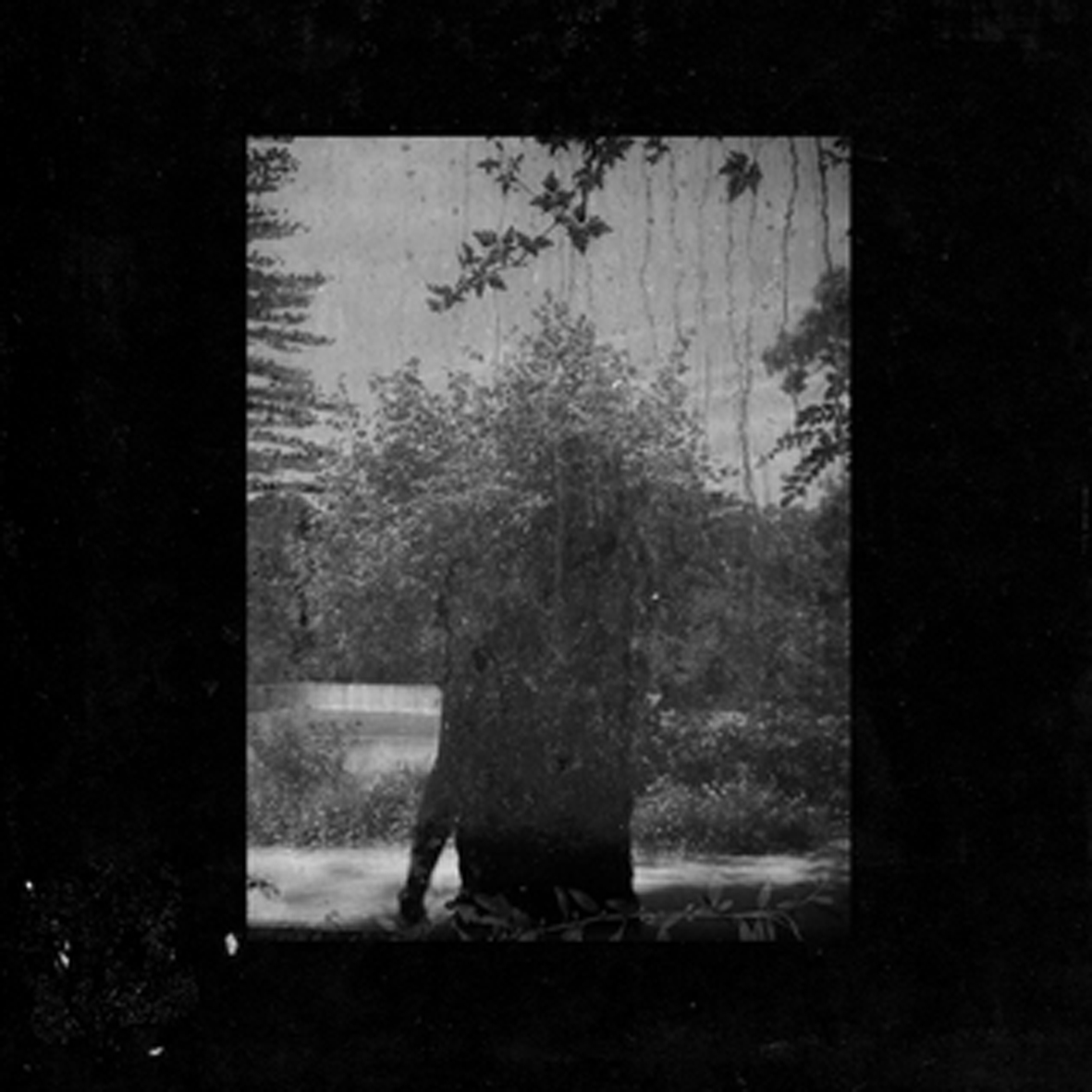 Liz Harris is becoming an increasingly complex and compelling artist, as her discography has started making unexpected leaps into the past that feel like leaps into the future.  Originally recorded in Portugal in 2011 with only a four-track and a piano, Ruins feels like a bold yet natural progression from last year's excellent The Man Who Died in His Boat (itself recorded from 2008 and 2010).  Consequently, it is completely unclear whether Liz is moving towards a simpler, more naked approach in general or if this is just a one-off experiment before she unleashes another salvo of reverb-soaked dreaminess à la Alien Observer/Dream Loss.  Regardless of its place in Grouper's continued evolution, however, Ruins is yet another fine album, boasting several of Harris's strongest compositions to date.
Liz Harris is becoming an increasingly complex and compelling artist, as her discography has started making unexpected leaps into the past that feel like leaps into the future.  Originally recorded in Portugal in 2011 with only a four-track and a piano, Ruins feels like a bold yet natural progression from last year's excellent The Man Who Died in His Boat (itself recorded from 2008 and 2010).  Consequently, it is completely unclear whether Liz is moving towards a simpler, more naked approach in general or if this is just a one-off experiment before she unleashes another salvo of reverb-soaked dreaminess à la Alien Observer/Dream Loss.  Regardless of its place in Grouper's continued evolution, however, Ruins is yet another fine album, boasting several of Harris's strongest compositions to date.
I thought I had a fairly solid understanding of Harris's aesthetic before last year, imagining her primarily as stylist who trafficked in a sensuous strain of reverb-swathed melancholy.  She could be a good songwriter too, but the songs were kind of beside the point, as Grouper was mostly about mood and murk.  Then the otherwise characteristically bleary and shadowy outtakes collection The Man Who Died in His Boat offered up a quietly devastating voice-and-acoustic guitar piece ("Living Room") that eschewed all of Liz's normal artifice to tower above the rest of the album.  Now Ruins goes one step further, delivering (almost) an entire album of reverb- and artifice-free piano ballads.  Rather than shrouding herself in soft-focus unreality, Liz goes for total naked realism this time around, even going so far as to leave in any outside sounds (frogs, a beeping microwave) that her microphone picked up.
There are some major threads linking Ruins to Grouper's other work, however, as Liz's pervading sense of melancholy and penchant for hushed understatement remain completely intact.  If anything, Ruins might be more melancholy than usual, as it sounds more tender and wounded than sensuous (it was recorded while "living in the remains of love," according to Liz).  I guess that makes this Grouper's "break-up album" mood-wise, but there is quite a lot of other stuff going on here as well.  Context-wise, Ruins was recorded at a residency near a beach, so it was also inspired by lots of hiking and comparative quiet in a place far away from her home in Portland, which comes through in its clarity, beauty, and simplicity.  When it works, Ruins is wonderfully raw and direct.  Sometimes it certainly errs on the side of being too dirge-y, but pieces like "Clearing," "Lighthouse," and especially "Holding" are hypnotic in their unhurried elegance (and they boast some very strong melodies as well).
The worst thing that can be said about Ruins is that it is a bit too one-dimensional and monochromatic to fully work as a complete album.  Harris breaks things up a bit at the end with a lengthy instrumental drone piece from 2004 that features a return to her characteristic haze ("Made of Air") and opens the album with a brief, gently throbbing soundscape, but Ruins is otherwise just six languorous, bittersweet piano ballads in a row.  That would probably test my patience from anyone.  Also, the instrumental bookends feel like mere padding rather than anything substantial.  Taken on a song-by-song basis, however, Ruins easily stands with Liz's best work, as arguably half of the six "real" songs are legitimate career highlights.  It is rare to experience such a direct, unfiltered, and fearless emotional connection from a mere recording, especially one from an artist who has previously been so well-cloaked in a fog of effects.
 
Read More

